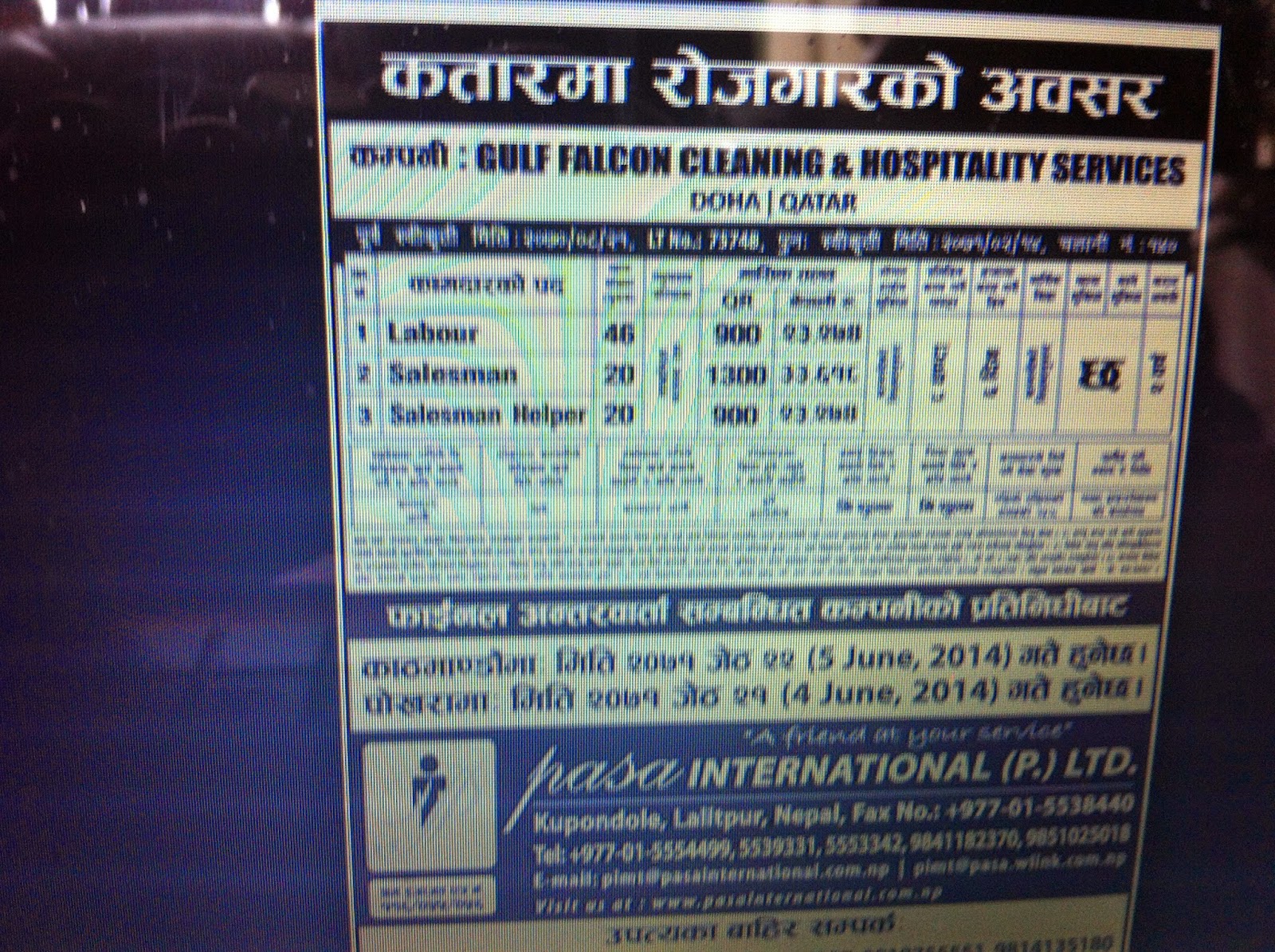BLACK SOCIAL HISTORY
“Hit and called black slave and dog by Qatari Embassy official”
This kind of thing would probably go unnoticed, unreported and unchecked in Qatar when perpetrated by Qataris but here in the UK it goes to an Employment Tribunal. Thankfully, in civilised countries, the perps are tried for wrongful dismissal and racist behaviour.
A British receptionist was allegedly called a “black slave” and hit by a senior official at the Qatari Embassy in London in a sustained campaign of racial bullying.
Mohamoud Ahmed, 73, was employed at the gas-rich Gulf state’s embassy in Mayfair for almost 20 years and also acted as a security guard.Somali-born Mr Ahmed, who has lived in the UK for more than 40 years and is a British citizen, claims he was referred to in Arabic as a “donkey” and a “dog” by the head of the embassy’s medical department Abdullah Al-Ansari.Mr Ahmed, from Kensington, claims unfair and wrongful dismissal, race and age discrimination at a Central London employment court. All his claims are denied by the Qatari embassy and Mr Al–Ansari.A Qatari embassy spokesman said: “Mr Ahmed’s allegations are utterly untrue.“He was at no time ill-treated, abused or discriminated against by anyone at or representing the embassy. It is certainly not true that Mr Ahmed was discriminated against because of his colour. His son and other members of his family continue to be employed at the embassy, together with a large number of other people from a wide variety of ethnic backgrounds.”The tribunal judge has stayed the case until later this year when a decision will be made by the Court of Appeal in test cases over whether embassies can properly claim diplomatic immunity against such actions. Fatima Benkharbouche, a cook at the Sudanese embassy, and Minah Janah, a nanny at the Libyan embassy, are due to find out later this year if they have the right to sue for alleged employee abuses.Mr Ahmed claims he enjoyed good working relationships with five previous medical attachés at the Qatari embassy before Mr Al-Ansari’s appointment and that his workload increased significantly after his arrival, when he was expected to be on call 24 hours a day and at weekends.The father of nine claims he was subjected to verbal abuse by Mr Al-Ansari who called him demeaning names in Arabic — the worst of which, “Abd”, can be used to mean “black slave”.In papers submitted by his lawyers, Mr Ahmed also claims he was assaulted on two occasions and now has severe pain in his left shoulder and may require surgery.




































































No comments:
Post a Comment